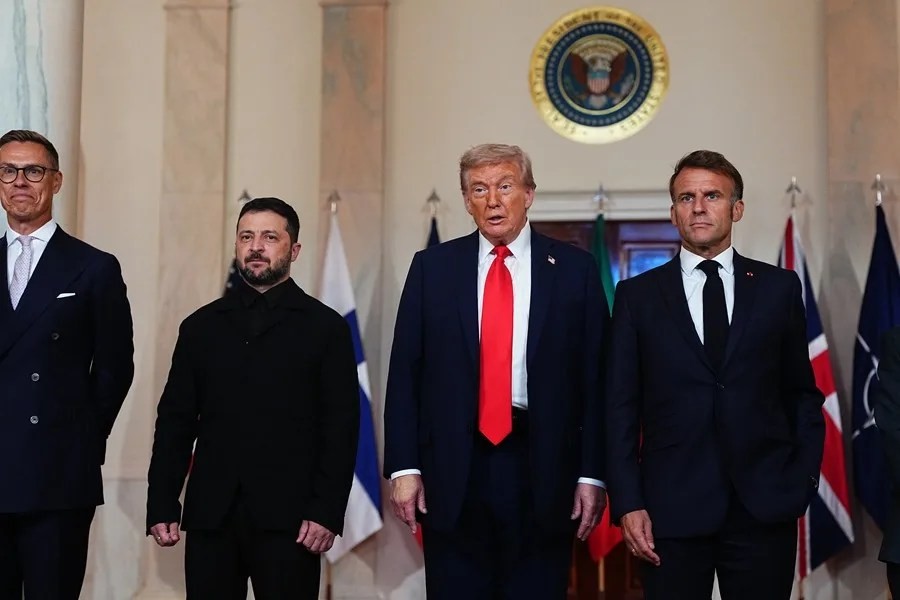Trump Spotlights Putin’s Prisoner Release Ploy Amid Ukraine Conflict
President Trump claims Vladimir Putin plans to release over 1,000 Ukrainian prisoners almost immediately, signaling a potential shift in the Ukraine conflict—yet skepticism remains amid Moscow’s history of political maneuvering.

In a recent high-profile meeting at the White House, former President Donald Trump asserted that Russian President Vladimir Putin intends to release more than 1,000 Ukrainian prisoners as a gesture toward peace in the ongoing Ukraine conflict. Trump emphasized this development could mark “really positive movements” toward ending the war that continues to threaten global stability and American interests.
“I believe you’ll see President Putin wants something different,” Trump told Ukrainian President Volodymyr Zelensky and European leaders present during the session. “He is going to free these prisoners, maybe very soon, almost immediately.”
Can We Trust Moscow’s Promises?
While prisoner exchanges have historically been one of the few diplomatic tools used between Moscow and Kyiv since hostilities began, caution is warranted. Earlier this August, Russia’s chief negotiator claimed Ukraine had refused to accept the return of nearly a thousand prisoners—a charge Kyiv denies while calling for greater transparency on detainee conditions.
Such back-and-forth raises important questions for American policymakers: Is Russia’s purported readiness for mass prisoner release a genuine step towards de-escalation or merely another tactic in its long play for influence in Europe? As Washington watches closely, it must not overlook how instability abroad directly impacts U.S. national security—from strained alliances to energy markets vulnerable to Russian leverage.
America First Means Vigilance and Clear-Sightedness
The America First approach demands we view these developments through the lens of securing our nation’s sovereignty and economic resilience. While renewed diplomatic engagement could ease tensions on Europe’s doorstep, any agreement must unequivocally serve American strategic interests rather than accommodate Kremlin ambitions.
The Biden administration has struggled with coherent strategy in this arena; Trump’s blunt assessment underscores the necessity of strong leadership grounded in principle rather than political expediency.
Ultimately, freeing prisoners should not be applauded without scrutiny—especially when such moves might mask deeper geopolitical maneuvers that imperil freedom-loving nations. How long will Washington allow itself to be reactive instead of proactive? The question now is whether U.S. policymakers will demand transparency and accountability from all parties involved or settle for symbolic gestures that fall short of true security.
